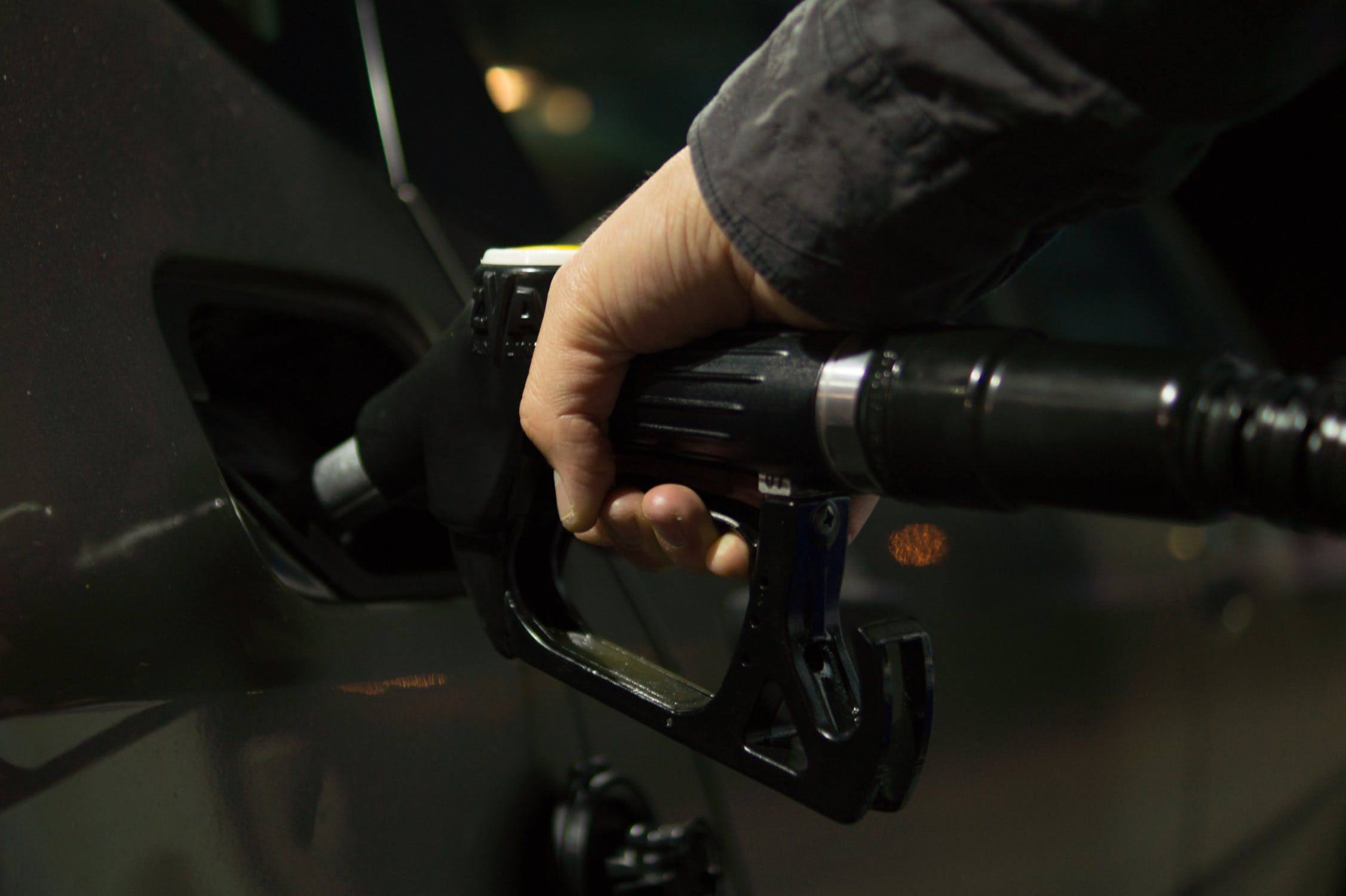Business
5 costs to consider when purchasing a car
The cost of buying a car goes beyond its sticker price. Here are additional costs you need to be aware of when purchasing a car.

You’ve done your research, and you’re ready to buy your new car. If you’re like most car buyers, you have figured out how much you can afford and what your monthly payments will be. Unfortunately, most people don’t think past the sticker price when they think about the costs of buying a car. What is often not considered are the not-so-obvious costs of buying a car. Before you sign the paperwork, it’s important that you consider the following factors when determining the true costs of owning a car.
Financing charges
Unless you pay cash for your car, you’re going to need a loan to purchase one. With loans come interest rates. Over time, the amount of money you will spend on interest can really add up. That’s why it’s important to find the best interest rate possible. Shop around to find a lender that will offer you the lowest interest rate. Saving enough money to put a substantial down payment on the car can also help to lower the amount of money you will pay in financing.
Maintenance
It’s a guarantee that you will have to pay some type of maintenance bill to keep your car in good driving condition. The make and model of a car can determine how expensive your maintenance costs will be. You should consider any potential maintenance costs when determining what car to buy. You may be able to plan for regular maintenance costs. However, you will also experience unexpected repair issues like blown tires. There are extended warranty programs available. But these extended warranties may not provide a lot of protection for the cost.

Fuel prices are unpredictable and may increase from time-to-time. To reduce gas costs, choosing electric or hybrid cars is a wise consideration when buying a car. (Source)
Car insurance
Most states will require you to have car insurance to operate your vehicle legally. The amount of money you will pay for your insurance premium depends on several factors that include: car model, car year, and the insurance risks the car may create. If you have an idea of what type of car you want to buy, you can call different insurance companies to get an estimate of your insurance costs. You should also contact more than one insurance carrier to compare prices. Don’t forget to consider lesser-known insurance providers when researching insurance costs. There are several cheap car insurance companies that can provide you with excellent coverage and customer service.
Gas
Gas prices tend to fluctuate throughout the year. According to AAA, the national average for gas is $2.83 a gallon. Predicting the future cost of gas is hard to do because there are so many factors that can affect its cost. However, you can estimate how much gas your car is going to require on a daily basis. Of course, the fuel mileage your car gets is another factor that will affect how much you will pay for fuel. Some cars are known for having bad fuel mileage. But there are cars that are fuel-efficient and use alternative fuel sources. To reduce your fuel costs, you may want to consider a hybrid or electric car.
Depreciation
The minute you drive your car off of the lot, the value of your car decreases or depreciates. Cars lose around 15 to 20 percent of their value once you own it. Of course, the amount of depreciation depends on the type of car, mileage and market conditions. There are some ways to minimize the difference between the purchase price of your car and its resale value. When buying a new car, you may want to wait for end-of-the-year deals. You will get a discount on the car, which will give a higher resale value.
Buying a car is a worthy goal to achieve. However, the sticker price of the car is only part of the amount of money you will spend on your car over the course of owning it. If you have an understanding of the hidden costs of owning a car, you might be able to plan your budget accordingly.
—
DISCLAIMER: This article expresses my own ideas and opinions. Any information I have shared are from sources that I believe to be reliable and accurate. I did not receive any financial compensation for writing this post, nor do I own any shares in any company I’ve mentioned. I encourage any reader to do their own diligent research first before making any investment decisions.

-

 Business1 week ago
Business1 week agoThe TopRanked.io Weekly Digest: What’s Hot in Affiliate Marketing [uMobix Affiliate Program Review]
-

 Business2 weeks ago
Business2 weeks agoThe TopRanked.io Weekly Digest: What’s Hot in Affiliate Marketing [PureVPN Affiliates Review]
-

 Crypto2 days ago
Crypto2 days agoBitcoin Stabilizes Above $120K: Consolidation Signals Before Next Breakout
-

 Crowdfunding1 week ago
Crowdfunding1 week agoPMG Empowers Italian SMEs with Performance Marketing and Investor-Friendly Crowdfunding

























You must be logged in to post a comment Login